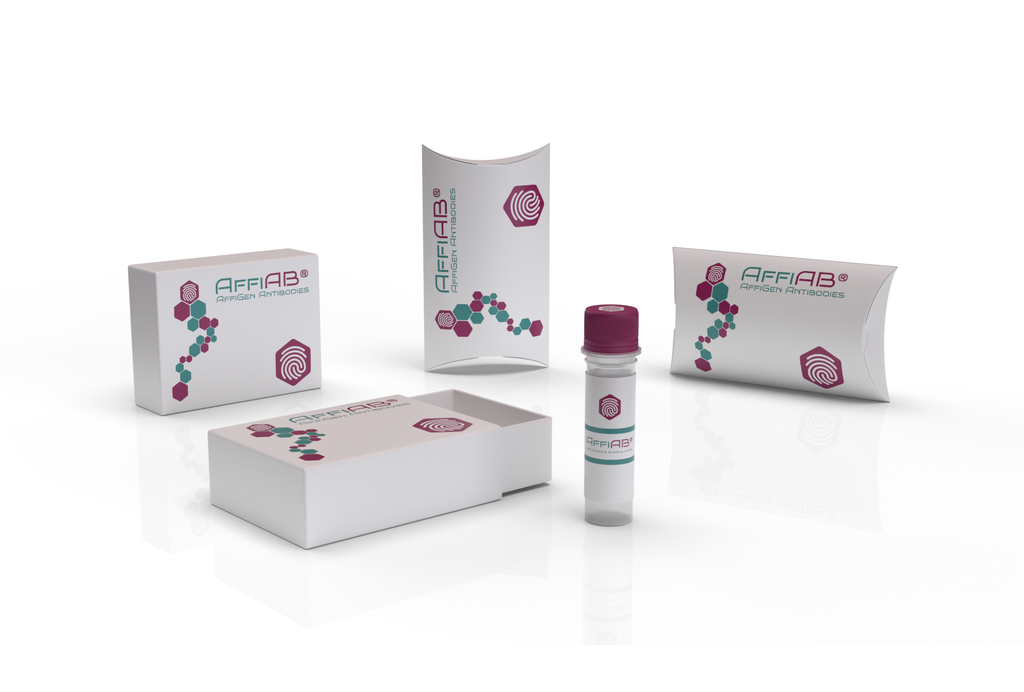AffiAB® Anti-FH Antibody
The protein encoded by this gene is an enzymatic component of the tricarboxylic acid (TCA) cycle, or Krebs cycle, and catalyzes the formation of L-malate from fumarate. It exists in both a cytosolic form and an N-terminal extended form, differing only in the translation start site used. The N-terminal extended form is targeted to the mitochondrion, where the removal of the extension generates the same form as in the cytoplasm. It is similar to some thermostable class II fumarases and functions as a homotetramer. Mutations in this gene can cause fumarase deficiency and lead to progressive encephalopathy.
Antibody type
Rabbit polyclonal Antibody
Uniprot ID
SwissProt: P07954 Human; SwissProt: P97807 Mouse; SwissProt: P14408 Rat
Recombinant
NO
Conjugation
Non-conjugated
Host
Rabbit
Isotype
IgG
Clone
N/A
KO/KD
N/A
Species reactivity
Human, Mouse, Rat
Tested applications
WB, IF-Cell, IHC-P, FC
Predicted species reactivity
N/A
Immunogen
Recombinant protein within human Fumarase aa 83-267.
Storage
Store at +4°C after thawing. Aliquot store at -20°C. Avoid repeated freeze / thaw cycles.
Form
Liquid
Storage buffer
1*PBS (pH7.4) , 0.2% BSA, 50% Glycerol. Preservative: 0.05% Sodium Azide.
Concentration
1 mg/mL
Purity
Immunogen affinity purified.
Signal pathway
N/A
Recommended dilutions
WB:1:500-1:2, 000; IF-Cell:1:50-1:100; IHC-P:1:50-1:200; FC:1:50-1:100
Molecular Weight
Predicted band size: 54 kDa
Subcellular location
Mitochondrion, cytosol, nucleus, chromosome.
Positive control
SH-SY5Y cell lysates, mouse colon tissue lysates, rat colon tissue lysates, SW620, Siha, A431, rat testis tissue, human liver tissue, human liver carcinoma tissue, human kidney tissue, mouse small intestine tissue, HCT116.
